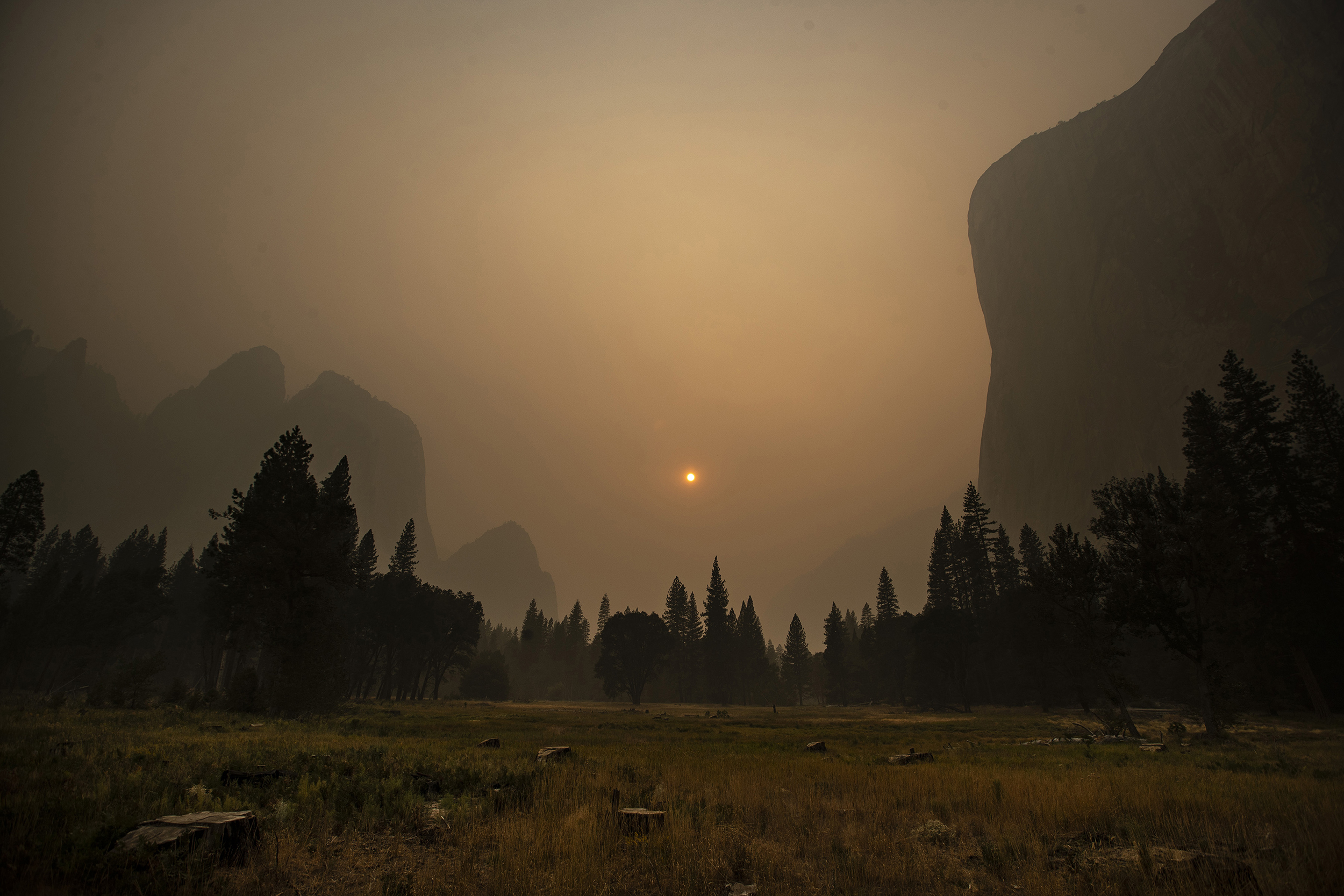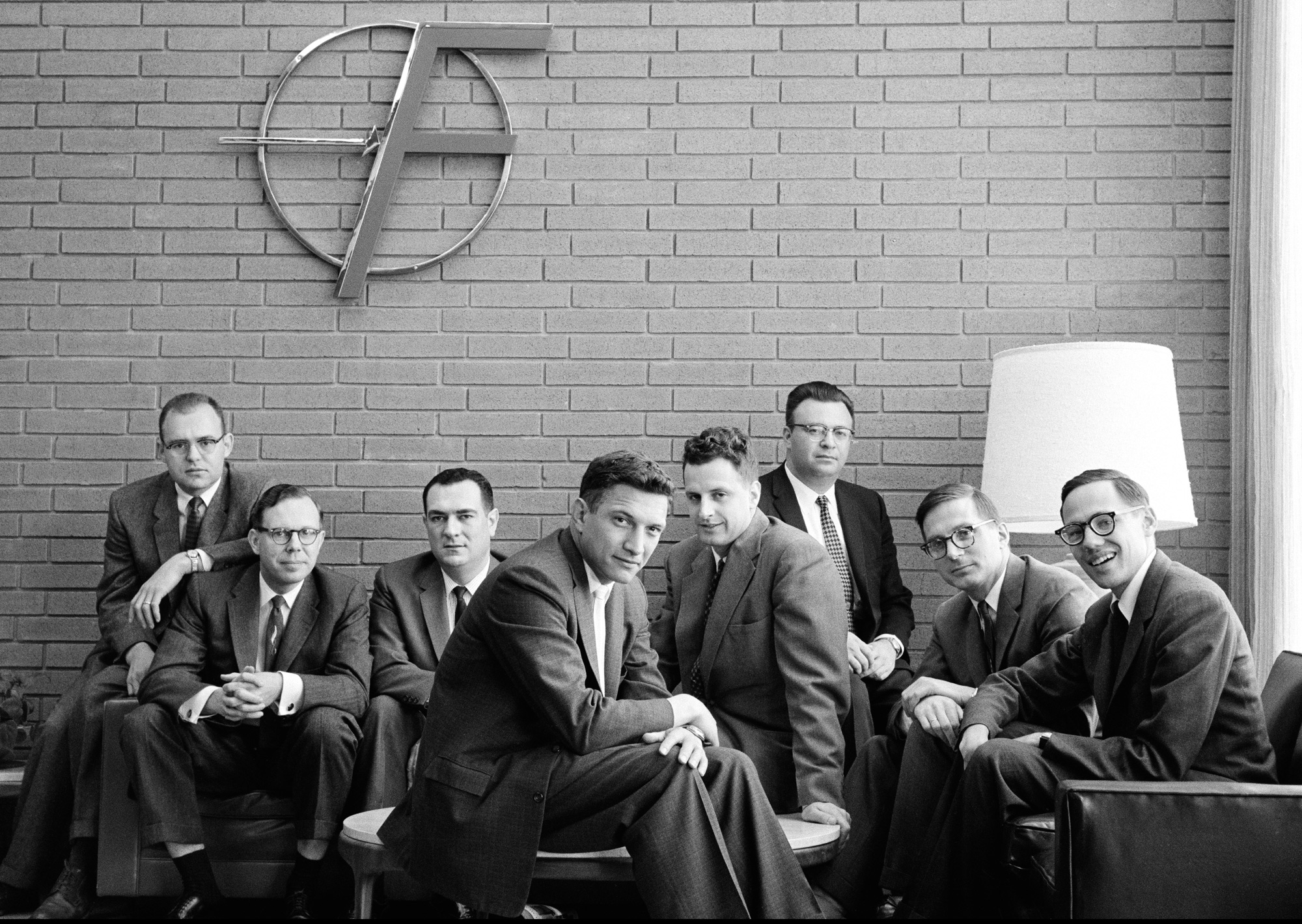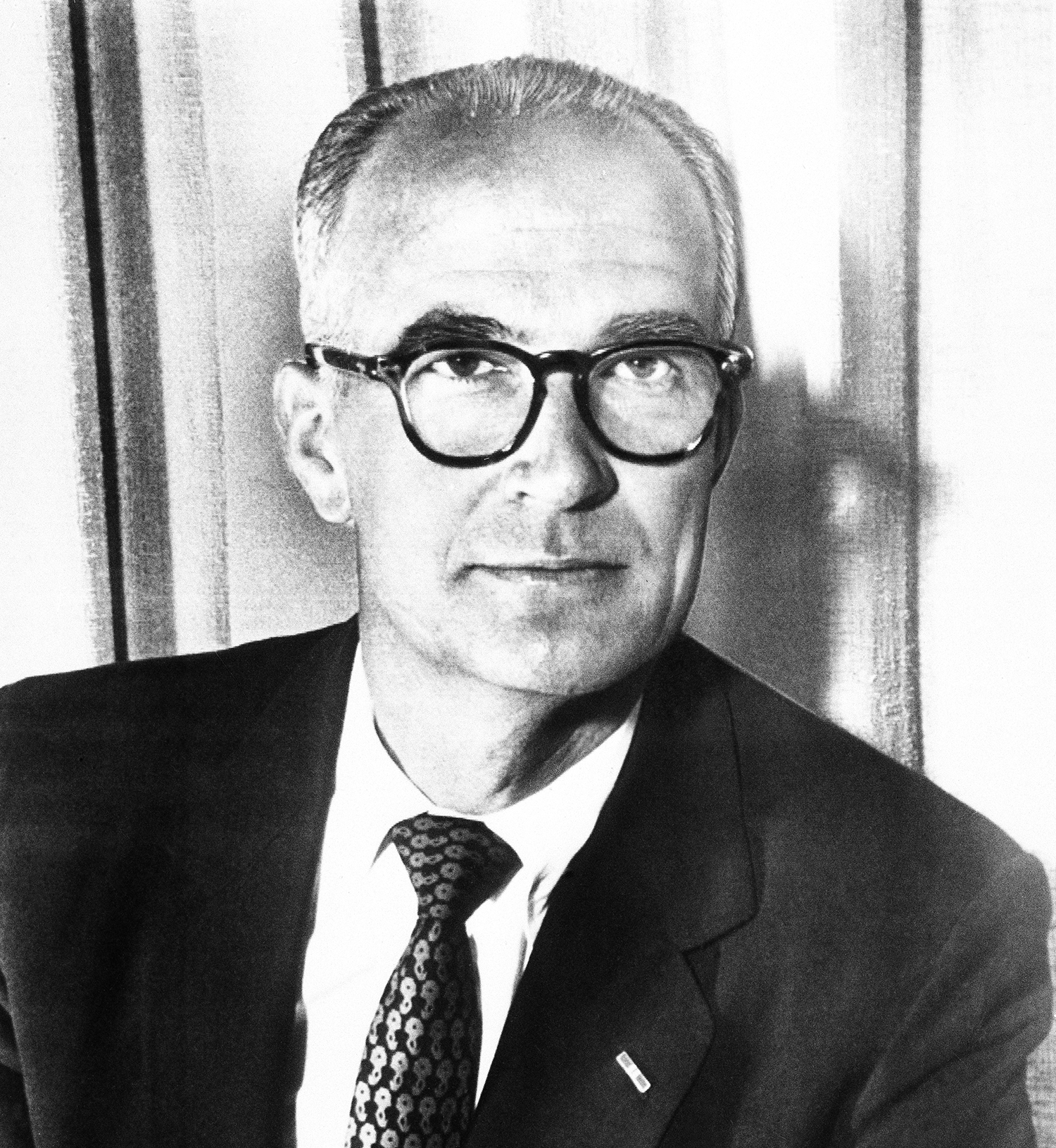
Good morning. It’s Friday, Sept. 18.
| • | How Facebook has curried favor with President Trump. |
| • | Los Angeles County leaders call for sheriff to step down. |
| • | And a plan to place homeless in quiet suburban homes. |
Please note: The newsletter will pause on Monday. Back in your inbox on Tuesday.
Statewide
1

Oil pumps fill the landscape at Belridge Oil Field in Kern County.
David McNew/Getty Images
“If carbon dioxide is a bullet, methane is a bomb.”
In 1984, a gas company drilled a well extending 2 miles below the floor of the Central Valley. After it proved unprofitable, the well was abandoned, left to leak roughly 30 tons of methane into the atmosphere. Such artifacts of the fossil fuel age are ubiquitous, with at least 1,000 deserted wells in Los Angeles alone. Bloomberg
2
Ever since China stopped accepting American recyclables two years ago, environmentalists have pinned their hopes on California to impose a crackdown on plastic waste. It seemed like a slam dunk in a state Legislature controlled by a Democratic supermajority. Yet intense lobbying from the plastics industry doomed the proposal for a second straight year. Politico
3

Assemblyman Reggie Jones-Sawyer sought protection for his family after an attack ad.
Amanda Edwards/Getty Images
In a political ad, the union representing California prison guards announced its intent to target a Black lawmaker, putting a bullseye over his face. The politician, Assemblyman Reggie Jones-Sawyer, recently voted in favor of pay cuts for union members. After seeing the ad, he asked Capitol security services to provide protection for his family. KQED | CalMatters
4
Gov. Gavin Newsom signed several new laws Thursday.
| • | One lets more people than almost anywhere else in the country take up to three months off from work to care for a family member. The law advanced in part because Assemblywoman Buffy Wicks, in a galvanizing moment last month, returned from maternity leave to vote for it — while nursing her month-old daughter. A.P. | Politico |
| • | Another requires that companies tell employees if they’ve been exposed to the coronavirus in the workplace. The law was needed, supporters said, because agricultural companies concealed outbreaks. Sacramento Bee |
5
On this week’s California Sun Podcast, host Jeff Schechtman talks with Leon Panetta, the former secretary of defense and director of the CIA. He talked a bit about his fondness for the Central Coast, where he grew up and now leads a think tank at Cal State Monterey. He’s had the chance to see the world, Panetta said, “but I’ve got to tell you … nothing is more beautiful than the Monterey Peninsula and the Big Sur coastline.” California Sun Podcast
Northern California
6
In 2018, Berry Creek was selected to get an $836,000 state grant to remove trees and brush that could fuel wildfires. It never happened. Then last week the Bear fire roared through town. It’s impossible to know whether the forest management project would have saved Berry Creek, but officials believe it could have given the community a fighting chance. The reason it never happened? Stringent environmental reviews. S.F. Chronicle | Wall Street Journal
● ●
The smoke has gotten so bad that Yosemite announced the park’s closure. What it looked like over the weekend 👇

Brian van der Brug/L.A. Times via Getty Images
7
As California cities struggle to manage their growing homeless populations, Placer County has launched an unusual program: Placing homeless people in houses on quiet suburban streets. The idea is to integrate destitute people in communities rather than sequester them in shelters. Some neighbors of one program house in Rocklin welcomed it. Others worried about their home values. Sacramento Bee
8

The cover of Bloomberg Businessweek’s latest issue.
In a provocative cover story, Bloomberg Businessweek reported that Facebook has gone out of its way to curry favor with President Trump, looking the other way, for example, when he spreads misinformation about voting. Sources told the magazine that Mark Zuckerberg has told employees the social media giant is better off under Republicans.
Southern California
9
Two Los Angeles County supervisors called on Sheriff Alex Villanueva to step down Thursday following accusations that he has alienated the board and resisted oversight. It was a remarkable public censure that carries limited real-world impact: the sheriff is independently elected. “I’m just gonna ignore it and move on,” Villanueva said. L.A. Times | CBSLA
10

Ivan Kashinsky
“I made some mistakes in my life I regret. Can I change them? I can’t. What is done is done. I just got to learn how to accept it and revise it. We’re only human. We make mistakes.”
Ivan Kashinsky, an award-winning documentary photographer, spent years documenting the lives of one homeless community in the San Fernando Valley. The work is stunning. 👉 L.A. Times
California archive
11

The traitorous eight, from left: Gordon Moore, C. Sheldon Roberts, Eugene Kleiner, Robert Noyce, Victor Grinich, Julius Blank, Jean Hoerni and Jay Last.
Wayne Miller
Silicon Valley began with a bad boss. In 1956, the physicist William Shockley opened Shockley Semiconductor in Mountain View, recruiting some of the brightest young engineering minds.
Shockley was a brilliant inventor and winner of the Nobel Prize in physics. He was also, by many accounts, a lout. Before long, a core group of lab workers had enough of his bullying and, on this day in 1957, they struck out on their own.
The eight men were young, eager, and bound by a genuine fondness for one another. The company they founded, Fairchild Semiconductor, went on to build the first silicon transistors and integrated circuits. It begat company after company, including Intel, setting off an explosion of innovation that made California the world tech capital.

William Shockley, in 1956, squandered his reputation.
A.P.
Shockley’s lab failed. Embittered, he referred to his former employees as “the traitorous eight,” a label that stuck and is now viewed with affection. Then, inexplicably, Shockley spent the second half of his career pursuing an intense interest in eugenics, arguing for the inferiority of Black people.
In a 2006 interview with NPR, his biographer, Joel Shurkin, said Shockley was a miserable man. “There was something wrong with him,” he said. “What was wrong with him, we don’t really know. He was at best paranoid. He was probably obsessive compulsive.”
The father of Silicon Valley died in 1989 as a disgraced bigot, having earned nothing from his company. Fairchild’s founders were by then fabulously wealthy, heroes of the tech revolution.
In case you missed it
12

A nelder plot at Blodgett Forest.
Five items that got big views over the past week:
| • | Along the slopes of the Sierra Nevada west of Lake Tahoe, several oddly symmetrical groups of trees rise from the middle of the forest. The backstory 👉 California Sun |
| • | One of San Francisco’s must-see structures is a Victorian-era columbarium, among the few remaining places in the crowded city to be laid to rest. Here’s a beautiful short film about it. 👉 The Atlantic (~3:30 mins) |
| • | A San Francisco Victorian that was once the home of architectural pioneer Julia Morgan is now owned by an interior designer. She expected some people to be appalled by her decision to paint it black. They were. Architectural Digest |
| • | In August, the police arrested a couple in Sonoma County, accusing them of abusing two of their children. Then they realized that a third sibling hadn’t been seen in a decade. Press Democrat |
| • | Frederick Roberts was born on this week in 1879. California’s first Black state legislator, he was the great-grandson of Thomas Jefferson. California Sun |
Wake up to must-read news from around the Golden State delivered to your inbox each morning.